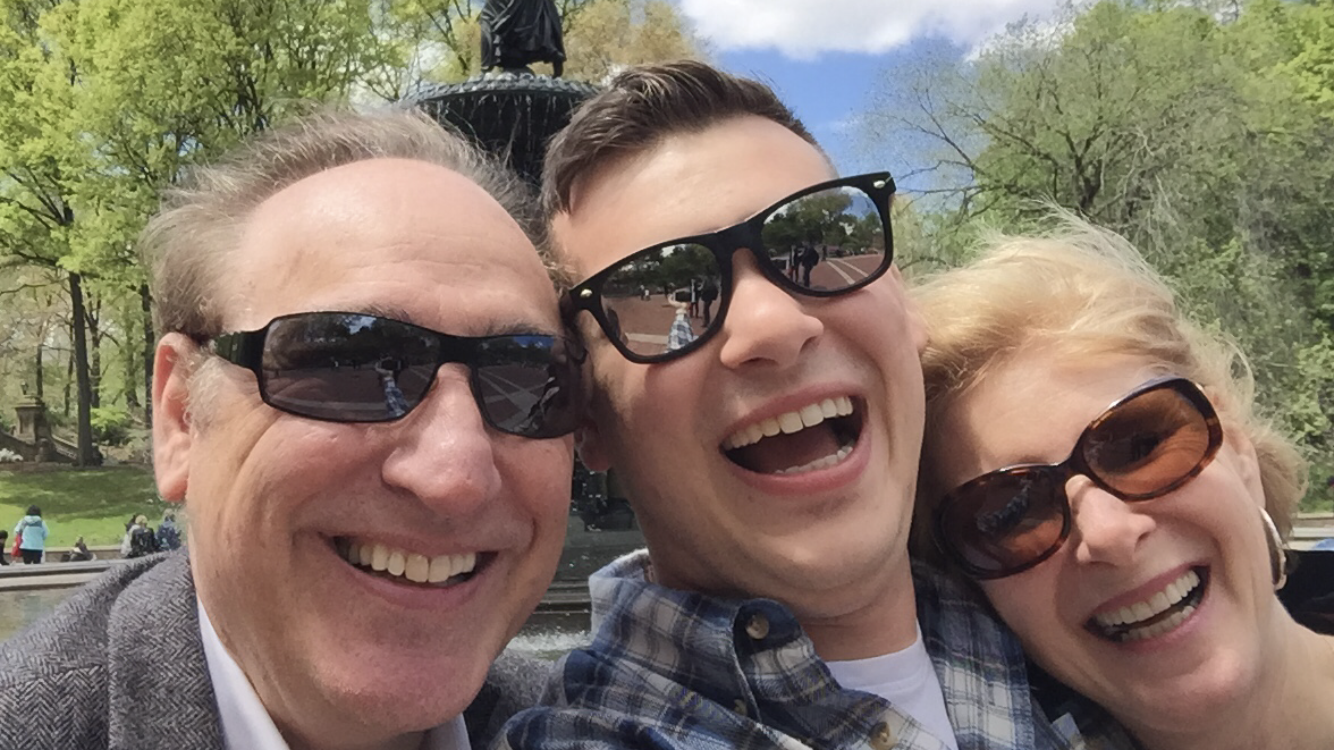What would you say if I told you eating well, genetics, and exercise are not the greatest predictors of how you’ll grow old? That’s right.
An exciting 80 year study, conducted by Harvard researchers reveals the surprising secret to a long happy life. Following 724 men of all different walks of life—from college age throughout the course of their whole life, they found that quality RELATIONSHIPS were the single greatest predictor of aging well.
“Those who kept warm relationships got to live longer and happier,” says Robert Waldinger, director of the study. “It wasn’t their middle-age cholesterol levels that predicted how they were going to grow old. It was how satisfied they were in their relationships.”
I highly recommend Waldinger’s twelve minute TED talk “What Makes a Good Life? Lessons from the Longest Study on Happiness.” It’s been viewed over 30,000,000 times, if that’s any indicator of the interest in the study’s findings!
Harvard Study Supports The Affirming Way of Life
I of course, got excited about this information because it supports my essential message in The Affirming Way of Life: See the Good, Speak the Good, Spread the Good: our relationships are precious. When we nurture them with heartfelt sincere praise and appreciation, we feel closer and more connected. And now we know, not only does it make us feel more fulfilled emotionally and spiritually, it extends our physical lives, too!
So I ask you, how are you tending your precious relationships? Do you pause each day to take in and appreciate something about those you’re closest to? Do you then take a moment and tell the person the good you notice and feel?
I totally understand that when you read this, you think to yourself, I should do that. It’s a good idea. And then you don’t. Why not? Maybe it’s because we’re all flooded with so much input: responsibilities, angst over the news, health concerns, family worries, we’re tired… that we just don’t think of it.
Make it a Habit
Here’s my suggestion: Make affirming a habit.
Let me tell you how I made it a habit. As I was writing The Affirming Way of Life, I realized not only was I not appreciating my husband, I was actually taking him for granted. Rather than noticing the good he did and the warmth and kindness he brought into my life, my focus was on the things he didn’t do. My wake-up call came when he said to me, “You always have positive things to say about the people you work with, but I don’t hear a word of appreciation about me.”
Whoa! My affirmer-self felt ashamed. He was right. I began by affirming him regularly for one thing—doing the dishes. “Thanks honey. I so appreciate you washing the dishes. I feel calmer when the kitchen is clean.” My affirmations expanded to appreciating him for listening, for considering my feelings…for many of his substantial actions and ways of being.
The more I affirmed Gus, the more he affirmed me, and a more loving vibe began flowing between us. This experience showed me how necessary affirming is to nurturing the love and joy in our relationship. So my tips are:
Commit to affirming your dearest loved one(s) daily. Consider it like brushing your teeth, necessary for your well-being.
Pause and ask yourself: What do I appreciate or admire about my person today or in general? How does my person impact my life?
Affirm your person specifically and sincerely. When we are specific, we give the person something to repeat to themselves to build their inner good feelings. When we’re sincere, our words go from our heart to theirs. We nurture warmth that deepens the love and joy in our relationships and even extends our longevity.




